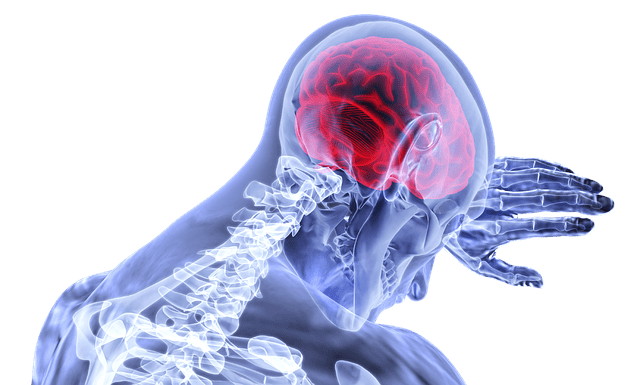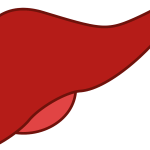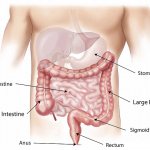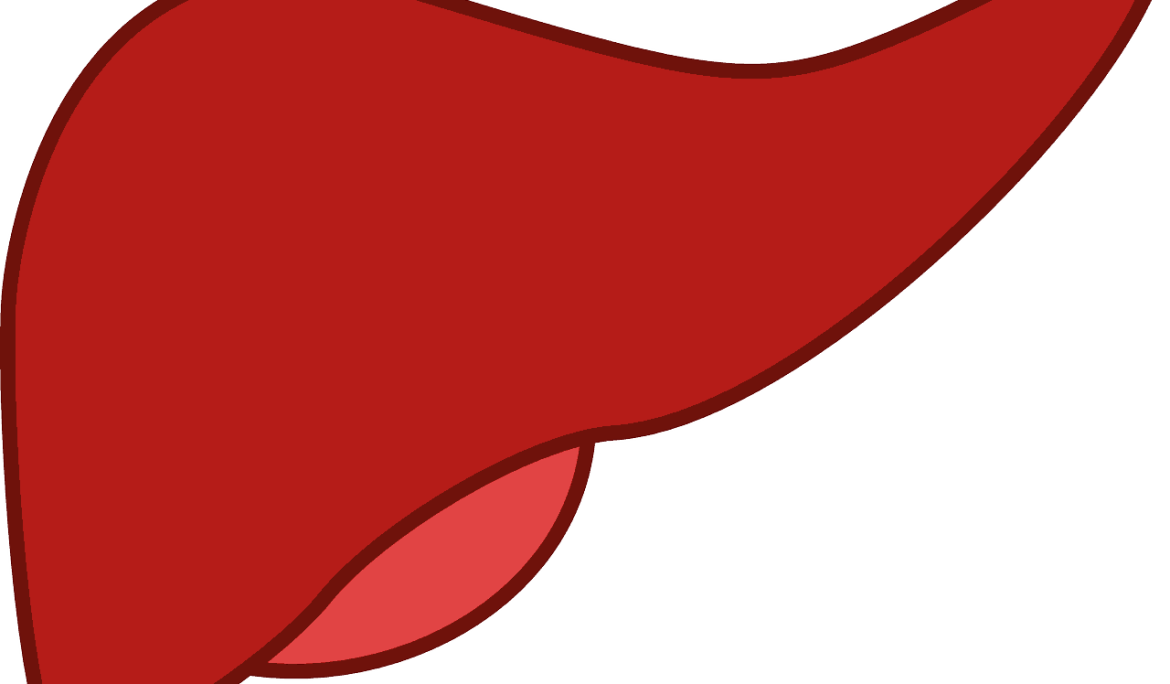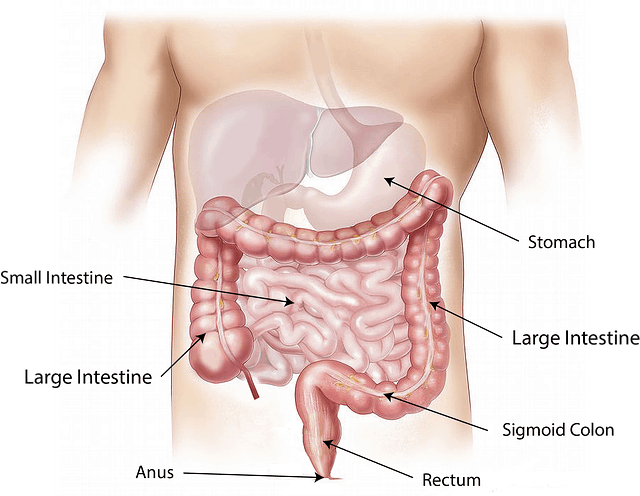STROKE is a neurological condition that often time affect the brain due to ischemia (no blood supply) or hemorrhage (bleeding).
This article highlights some important aspects of stroke. There are two types of strokes as said earlier. Ischemic stroke is caused by a blockage in the vessels that is supplying the brain with blood secondary to a clot due to irregular heart beats or a fat thrombus. Ischaemic stroke is by far the most common type of stroke accounting for 80% of all strokes. Haemorhagic stroke accounts for about 20 % of all the strokes, commonly seen in hypertensive patients where blood vessels burst open due to increase pressure or in individuals that are on medication that makes the blood thin example warfarin.
The causes of stroke are multifactorial nature. Hypertension (high blood pressure) is probably far the leading causes, heart diseases such as atrial fibrillation/irregular heart beats as well as valvular heart disease which predispose to clot formations that eventually block the blood vessels. Individuals that are diabetic also have an increased risk to developing stroke especially because their vessels tend to be weakened band often time has comorbid disorders such as obesity and hypertension. Certain medications such as Warfarin, Aspirin and Hormone replacement therapy also increase the risk of getting a stroke. Individuals aged 55 years or more has an increased risk which doubles every year as they grow old. Women are slightly less likely to have stroke than man of the same age. Some family tend to have a genetic predisposition to getting stroke and the incidences are high in individuals of African descent high cholesterol have often time been implicated as a culprit.
This are some early warning signs and symptoms of stroke especially given the fact one suffers from any of the above-mentioned condition. Face dropping or what we referred to as facially palsy. Arm weakness (parasthesia) speech difficulty taking (slurred speech) or generalized body weakness affecting half of your body. It is probably best you call for help immediately in the presence of the warning signs and symptoms. There is a concept of a mini-stroke or transient-ischaemic attack. The symptoms of a mini-stroke often resolve completely within 24 hours. Should it happen that an individual suffers a mini-stroke is often time a pointer that they are most likely going to get a stroke in the near future and should take their health seriously and make necessary adjustments.
Treating and rehabilitating an individual that had a stroke is a slow and often a long process that requires a multi-disciplinary team. Neurologist (brain specialist), Nurses, Pharmacist, Dieticians. Psychotherapist, Family members of the patient of paramount importance.
Inconclusion there are some habits that help prevent stroke such as exercising. stop smoking, cutting down on caffeine and salt. Is also advisable to take some omega-3 supplements too. Always ask you doctor for advice and risk assessment on you.
The above article was written by Dr. Makemba Shayela Nelson – MBChB – University of Kwazulu-Natal, Durban, South Africa. Nesha Medical Practice.
Source: Confidente




